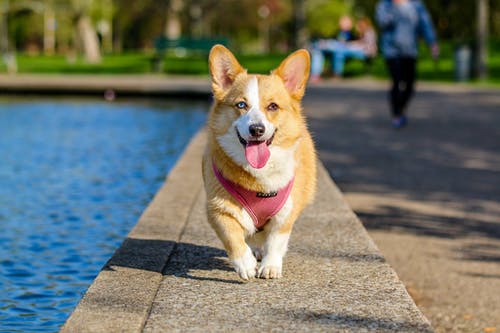Common Vet Procedures: Comprehensive Guide for Pet Owners
Common Vet Procedures: Comprehensive Guide for Pet Owners
As a pet owner, it’s essential to understand the common veterinary procedures that your furry friend may encounter during their lifetime. Equipped with the proper knowledge, you’ll be better prepared to make informed decisions about their care and ensure their health and happiness. This comprehensive guide will cover various topics, including routine veterinary services, vaccinations and parasite prevention, and veterinary surgery.
Routine Veterinary Services
Most pet owners are likely familiar with routine veterinary services, such as wellness exams, vaccinations, and dental cleanings. These preventive measures are critical in maintaining your pet’s overall health. For example, annual check-ups allow your veterinarian to detect and treat potential issues early, preventing them from becoming more severe problems down the road.
Many animal care centers offer these services; for instance, an animal care center in Elk Grove, CA, provides a wide range of veterinary services to keep pets in optimal health.
Vaccinations and Parasite Prevention
Vaccinations protect your pet against harmful diseases such as parvovirus, distemper, and rabies. Generally, pets will require a series of vaccines over their lifetime, and your vet will establish an appropriate vaccination schedule based on factors like age, lifestyle, and local regulations. To learn more about the specific vaccinations required for your pet, consult your veterinarian.
Parasite prevention is another essential aspect of pet healthcare. Fleas, ticks, and heartworms, among other parasites, can negatively impact your pet’s health. Fortunately, various products are available to protect your pet from these pests. Regularly administering preventive measures and check-ups can save your pet from discomfort, illness, or life-threatening diseases.
Veterinary Surgery
Sometimes, your pet may require vet surgery to address specific health concerns, ranging from routine spaying/neutering to more complex procedures like orthopedic surgeries, tumor removal, and dental surgeries. It’s natural to feel anxious if your pet needs surgery, but rest assured that veterinary surgeons are highly skilled and well-equipped to care for your furry friend during these procedures.
Before surgery, your vet will advise you on necessary preparations, such as fasting and medication adjustments. After the procedure, they will guide post-operative care, including pain management, wound care, and activity restrictions, to ensure your pet recovers as smoothly as possible.
Diagnostics and Imaging
Diagnostics and imaging are essential tools in veterinary medicine, allowing for the accurate diagnosis and assessment of various health conditions. Some standard diagnostic procedures include blood tests, urine tests, and fecal exams, which help detect diseases, infections, and organ dysfunction.
Imaging techniques like X-rays, ultrasounds, and MRIs provide more precise insight into your pet’s internal health. These imaging procedures can identify issues with bones, joints, organs, and soft tissues, enabling your veterinarian to develop the most appropriate treatment plan for your pet.
Dental Care
Oral health is often overlooked but is crucial to your pet’s overall well-being. Dental issues can lead to more severe health problems if left untreated. Regular dental cleanings, at-home brushing, and chews can help maintain your pet’s oral hygiene and prevent tooth decay, gum disease, and tooth loss.
Monitoring your pet’s oral health and visiting the vet for regular dental check-ups is essential. Your veterinarian will recommend a professional dental cleaning or dental surgery to address any existing issues.
Emergency Care
Emergencies can be stressful and sometimes unavoidable. Therefore, knowing how to recognize common pet emergencies and act accordingly is essential. Signs of a pet emergency may include severe bleeding, difficulty breathing, seizures, trauma, and sudden collapse. In such cases, it’s critical to remain calm and contact your veterinarian or the nearest emergency clinic immediately.
Familiarizing yourself with basic first aid techniques can also be beneficial in handling minor emergencies and stabilizing your pet until they receive professional care.
Conclusion
As a pet owner, understanding and staying informed about common veterinary procedures can empower you to make informed decisions about your pet’s health. From routine services and vaccinations to more complex surgeries, knowing what to expect will help provide you and your furry friend peace of mind.
Remember to maintain open communication with your veterinarian and don’t hesitate to ask questions to ensure you fully understand the care your pet requires. By staying proactive and taking preventative measures, you can help ensure your pet’s long, healthy, and happy life.




